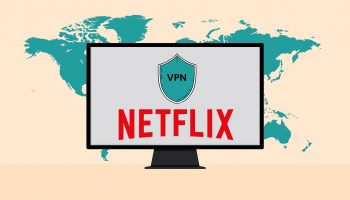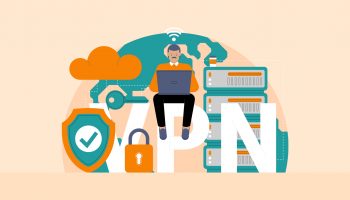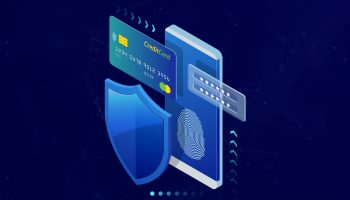In the contemporary fast-paced digital landscape, public Wi-Fi has become a common feature for individuals on the move. Whether at coffee shops, airports, or libraries, the undeniable convenience of easily accessible internet brings with it a substantial risk. Public Wi-Fi networks, often unsecured and widely accessible, are hotspots for cyber threats. In this blog, we’ll delve into how Virtual Private Networks (VPNs), like BitStream VPN, serve as a crucial shield in safeguarding your online activities from these vulnerabilities.
Understanding Public Wi-Fi Risks
Public Wi-Fi networks are inherently insecure, making them fertile ground for cybercriminals. One primary risk involves unencrypted connections. Unlike private networks, many public Wi-Fi networks do not encrypt the transmitted data. This oversight means malicious actors could intercept any information you send or receive.
Moreover, Man-in-the-Middle (MitM) attacks are prevalent on these networks. Here, hackers insert themselves between the user and the connection point. Instead of communicating directly with the hotspot, your data goes through the hacker, giving them access to your sensitive information.
Real-world examples of such breaches are numerous. For instance 2018, a renowned coffee chain’s Wi-Fi network was compromised, leading to unauthorized access to thousands of customers’ personal data. These incidents highlight the need for a robust security solution while using public Wi-Fi.
Basics of VPN Functionality
To understand how VPNs can protect you, it’s essential to grasp how they work. A VPN creates a secure, encrypted tunnel between your device and the internet. This tunnel guarantees that all transmitted data is encrypted, making it indecipherable to any potential interceptors.
The benefits of VPNs extend beyond just security. They also offer anonymity, as the VPN server’s IP masks your real IP address. This feature is particularly beneficial for protecting your identity online and bypassing geo-restrictions.
VPNs and Public Wi-Fi Security
Regarding public Wi-Fi, VPNs provide a critical layer of security. The encryption offered by a VPN means that even if a hacker can intercept your data, the information they obtain will be encrypted and, therefore, useless to them.
However, it’s crucial to understand that while VPNs significantly enhance security, they are not a cure-all. For instance, they cannot protect against phishing attacks or malware that might already be on a public Wi-Fi network. Hence, they should be part of a broader cybersecurity strategy.
Choosing the Right VPN for Public Wi-Fi Security
Selecting an effective VPN for public Wi-Fi use is crucial. Key factors include encryption standards, server locations, and connection speed. A robust VPN should offer AES-256-bit encryption, the industry’s gold standard. An extensive selection of server locations also facilitates more dependable and swifter connections.
BitStream VPN, for instance, offers these features and more, ensuring that your online activities remain secure and private, even on public networks. With its user-friendly interface and advanced security protocols, BitStream VPN is reliable for safeguarding your online presence.
Best Practices While Using Public Wi-Fi with VPN
Adopting best practices while using public Wi-Fi, even with a VPN, can enhance your security. Always ensure the authenticity of a Wi-Fi network before connecting. Cybercriminals often set up fake Wi-Fi hotspots to trap unsuspecting users.
Moreover, confirm that the websites you visit employ HTTPS, as signified by a padlock symbol in the browser’s address bar. This extra layer of encryption helps protect your data. It’s also advisable to avoid conducting sensitive transactions, like online banking, on public Wi-Fi, even when using a VPN.
Optimizing VPN use is also crucial. Ensure your VPN is active before connecting to the Wi-Fi network, and consider using servers that are geographically closer to you for better speed and stability.
Legal and Ethical Considerations of Using VPN on Public Wi-Fi
It’s important to be aware of VPN use’s legal and ethical implications. While VPNs are legal in most countries, some regions have restrictions or outright bans. Users should respect these laws to avoid legal repercussions.
Ethically, using a VPN should be about protecting privacy and security, not engaging in illegal activities. The conscientious utilization of VPNs, exemplified by BitStream VPN, underscores the significance of privacy in our progressively digitalized world.
Conclusion
To sum up, the potential risks linked to public Wi-Fi networks cannot be underestimated. VPNs, such as BitStream VPN, serve as a safeguard against these vulnerabilities. Encrypting your connection and concealing your IP address ensure a secure and private online experience. Remember, while a VPN is a powerful tool, it should be part of a comprehensive approach to online security. We encourage our readers to consider BitStream VPN as a trusted partner in this journey towards safer internet usage.




